Tag: fiction
-

Elena Knows, Pineiro (2007)
Claudia Piñeiro is one of Argentina’s most successful authors. She’s also a pro-choice activist, having lent her voice to the successful effort to legalize abortion in Argentina. Elena Knows is Piñeiro’s effort to portray, in uncompromising terms, what the responsibility of caregiving entails. The debate around abortion typically revolves around political and religious values—what is…
-

Outline, Cusk (2014)
Cusk’s method is creative and straightforward: define the narrator through negative space. Outline is a record of ten conversations in Athens. In each, the narrator Faye is almost silent; even her thoughts are outward-facing, rarely self-reflective. She listens to stories about heartbreak and identity, how relationships gradually create and erase and smudge our selves. She…
-
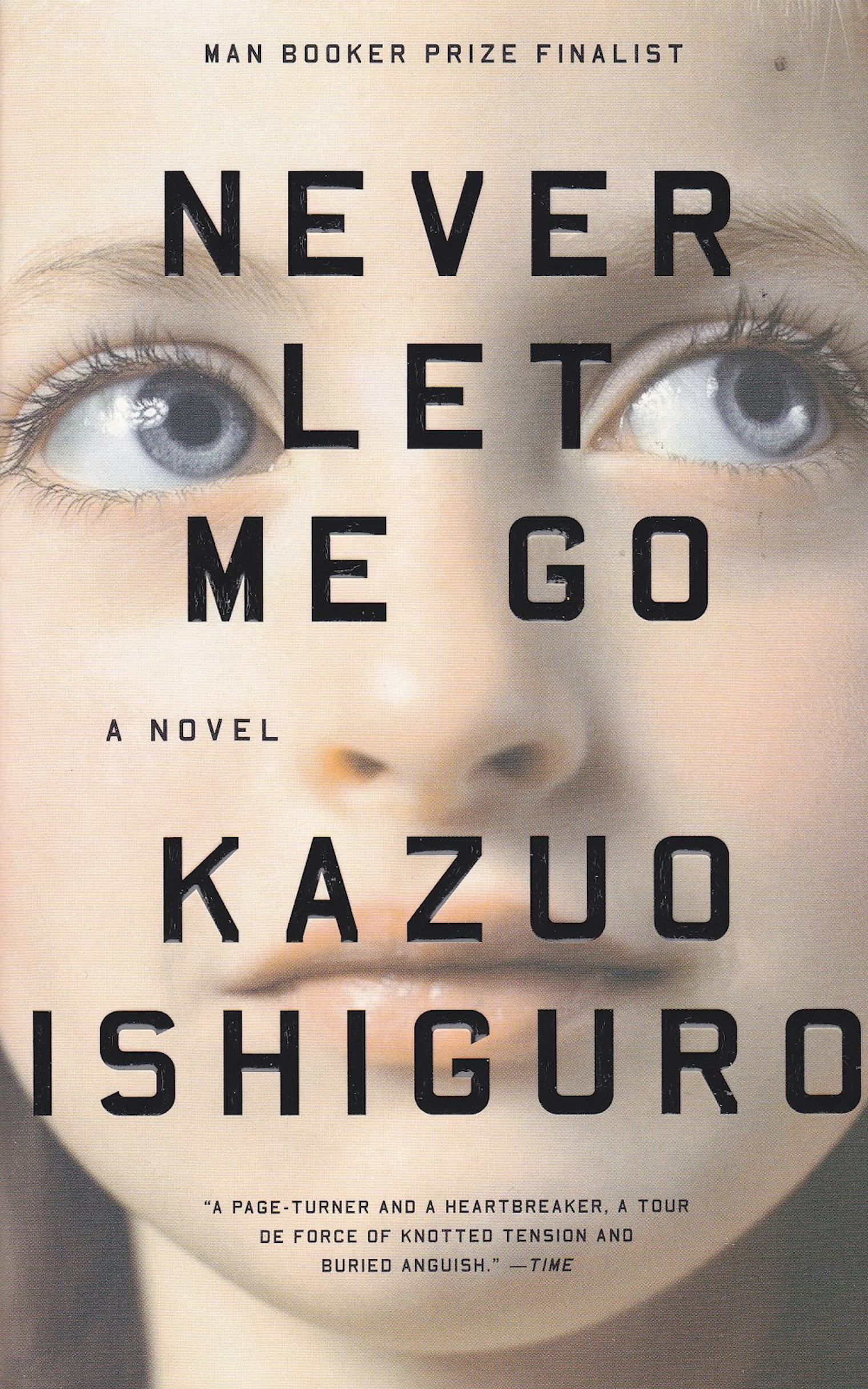
Never Let Me Go, Ishiguro (2005)
There is a passage near the end of Never Let Me Go that speaks about the inertia of the suffering we cause others (“By the time people become concerned…There was no going back”). Living requires that we cause pain to other beings. There is no avoiding killing microbes with every breath, killing plants and animals…
-
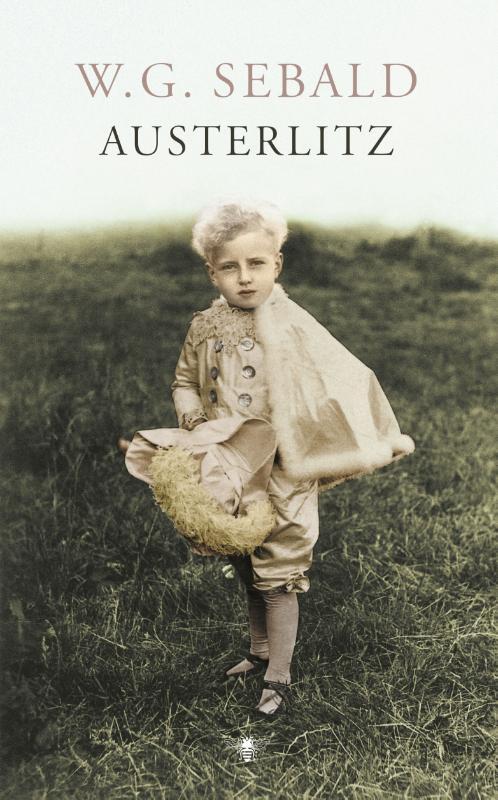
Austerlitz, Sebald (2001)
Austerlitz is like nothing I’ve ever read—a single paragraph flowing like a river, alternately rushing and quiet, oxbowing through a life, ordinary objects coming into glory like sun catching quartz on the bank, fear, wildness, sighing in the deep valley. I’m not sure that the narrator is necessary. I’m not even sure that the eponymous…
-
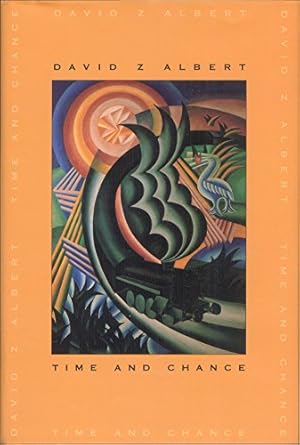
Time and Chance, Albert (2003)
The problem is our intuition of time. The laws of physics do not necessitate an experiential distinction between what we call the past (a supposed collection of recorded events) and what we call the future (events necessarily outside our ability to know). Albert’s solution is to stitch together the dynamical laws of motion and only…
-

Middlemarch, Eliot (1872)
Middlemarch depicts a very particular people, place, and time: the English provincial middle-class of the 1830s. Eliot cares about detail. The speech of the characters, their behavioral decorum, the parsing of status and misfortune, even the physical details of habitat are described with such fidelity that the reader experiences a gradual change in focus. What…
-
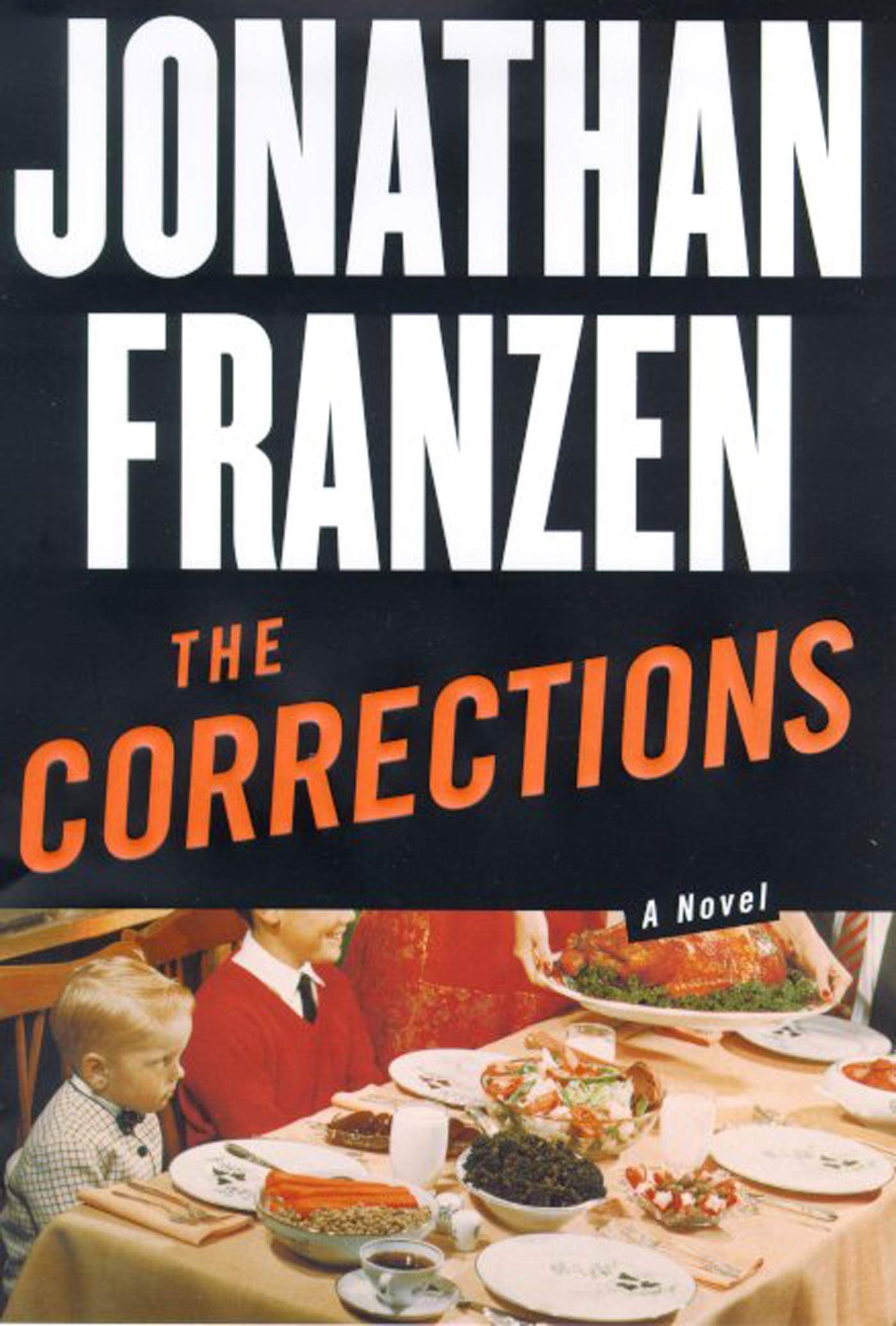
The Corrections, Franzen (2001)
There are good reasons why The Corrections is talked about in the same breath as the great 19th-century Russian novels. The book has similar ambitions—to explore psychological truths and social dilemmas through detailing the inner lives of a family—and Franzen is an undeniably talented storyteller. But I can’t recall having been more depressed reading a…
-
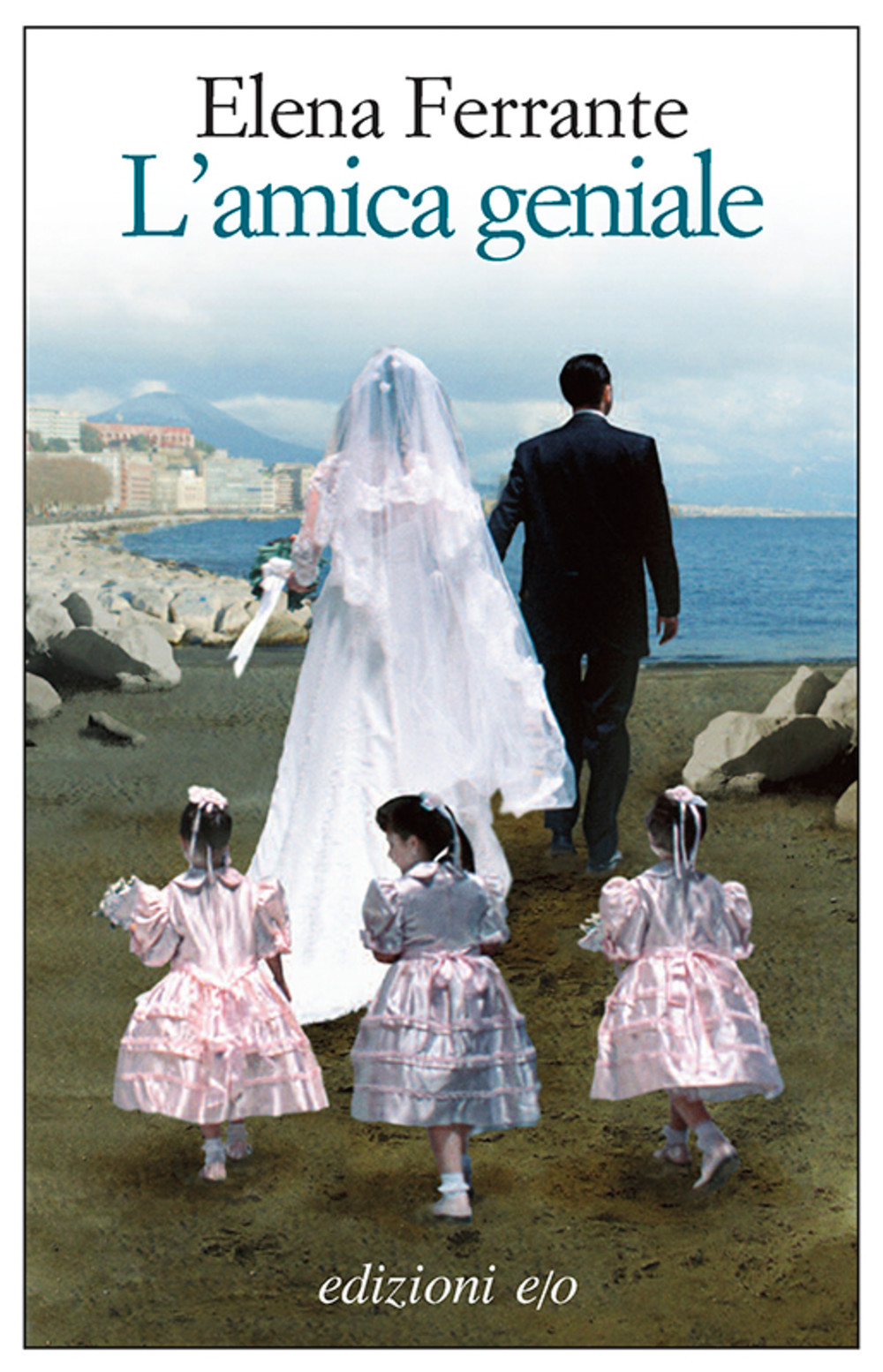
My Brilliant Friend, Ferrante (2012)
The New York Times recently released a list of the 100 greatest books of the 21st century, as chosen by over five hundred writers and critics. Number one on the list—the putative greatest book, fiction or non-fiction, of the last twenty-four years—is Elena Ferrante’s My Brilliant Friend. I don’t see it. The novel is a…
-
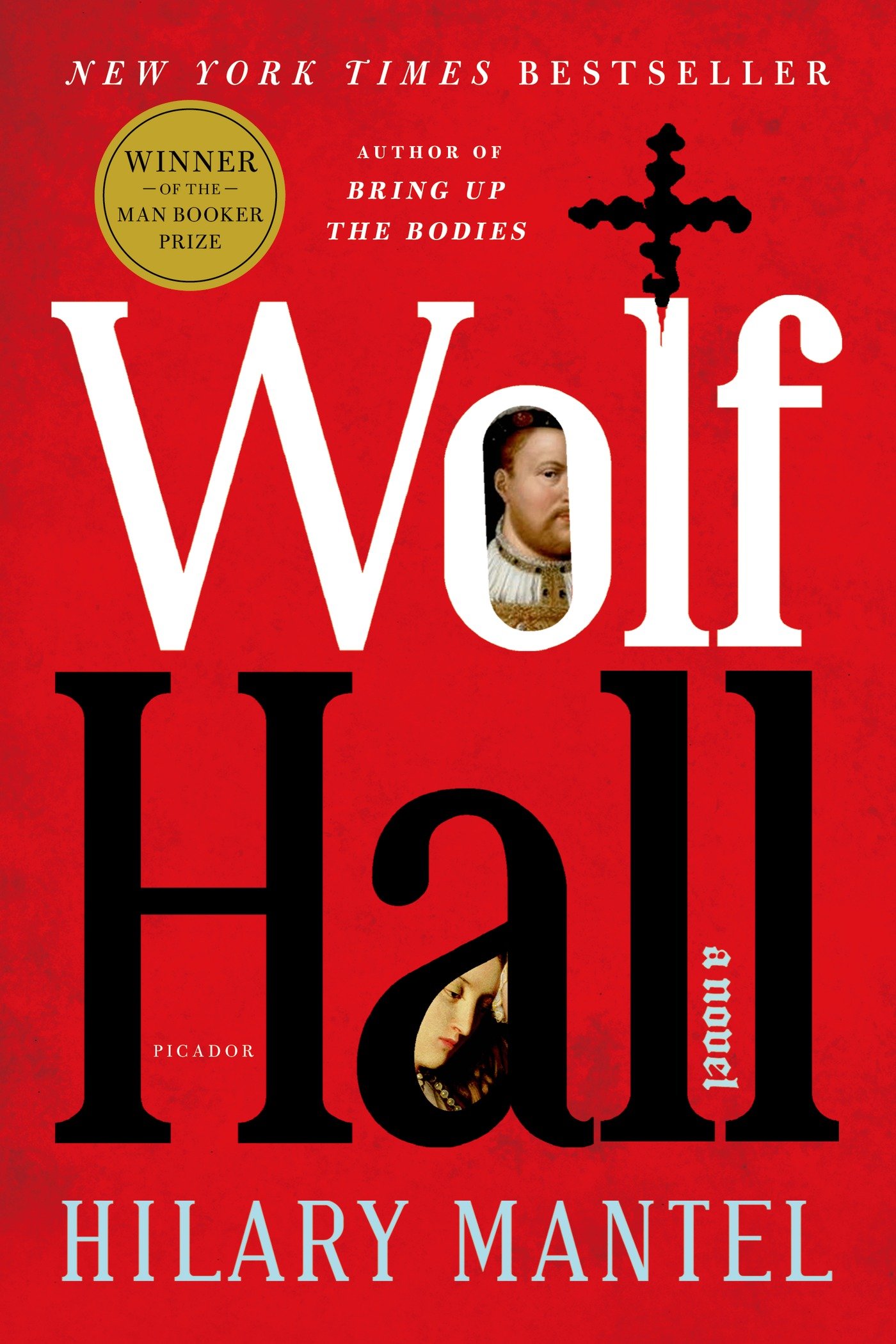
Wolf Hall, Mantel (2009)
Hilary Mantel’s Wolf Hall, the first in her trilogy of novels about Thomas Cromwell, chief advisor to the 16th century English king Henry VIII, is a rebuttal. Narrowly, it’s a rebuttal to A Man for All Seasons, Robert Bolt’s 1954 play (and later Academy Award-winning film) about Thomas More, Cromwell’s contemporary and greatest antagonist. In…